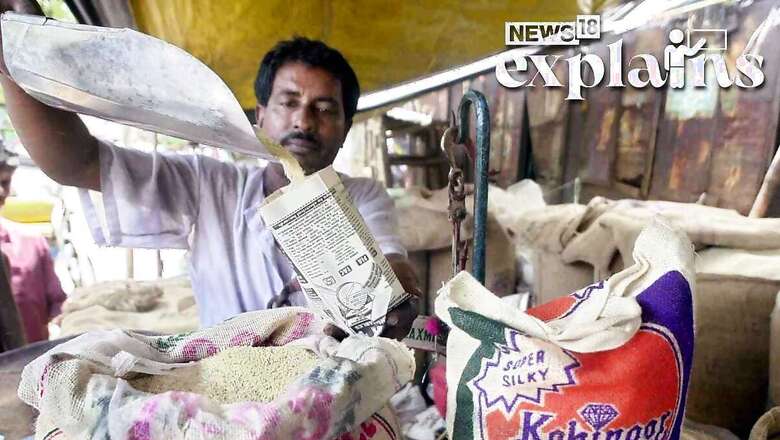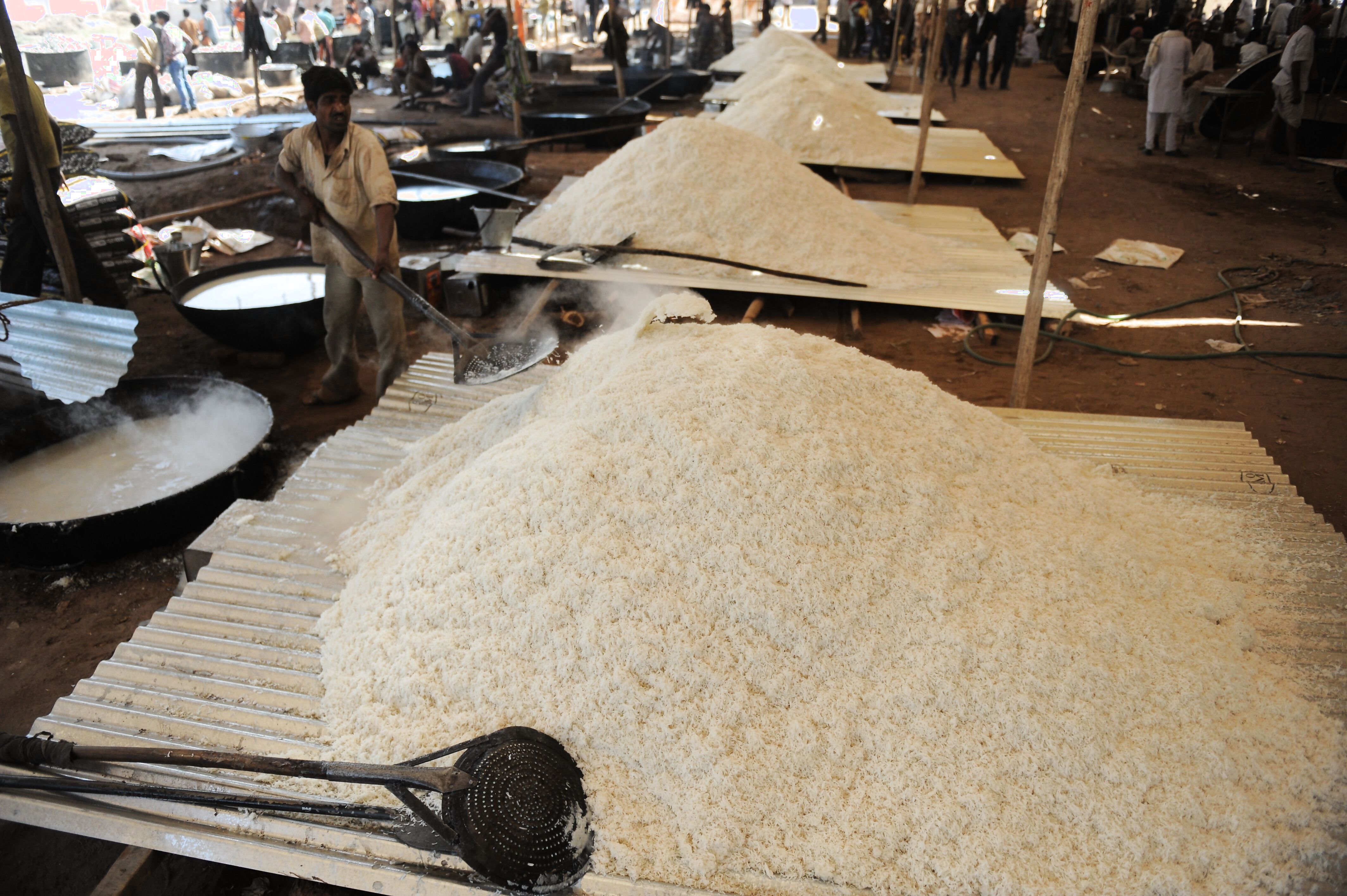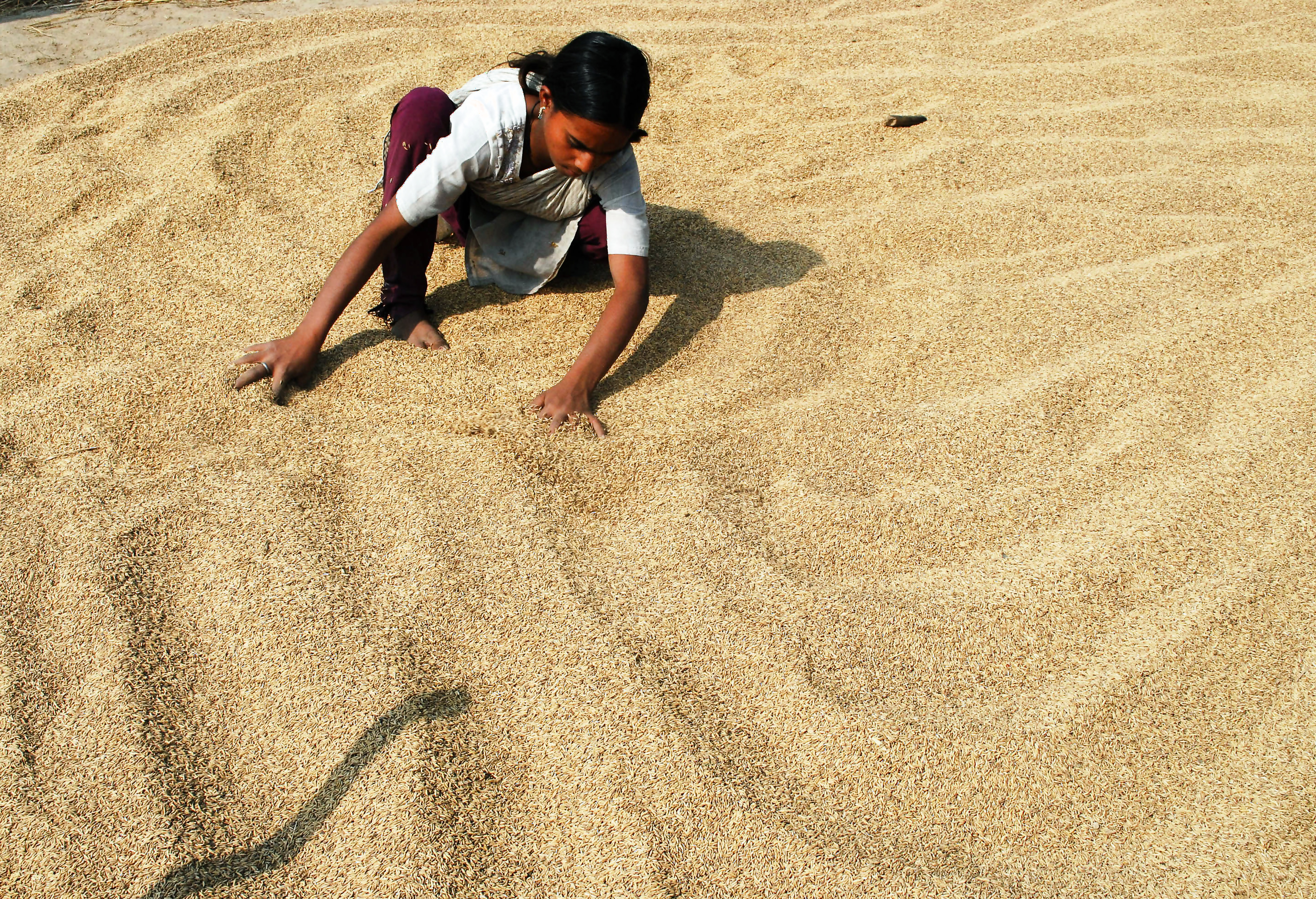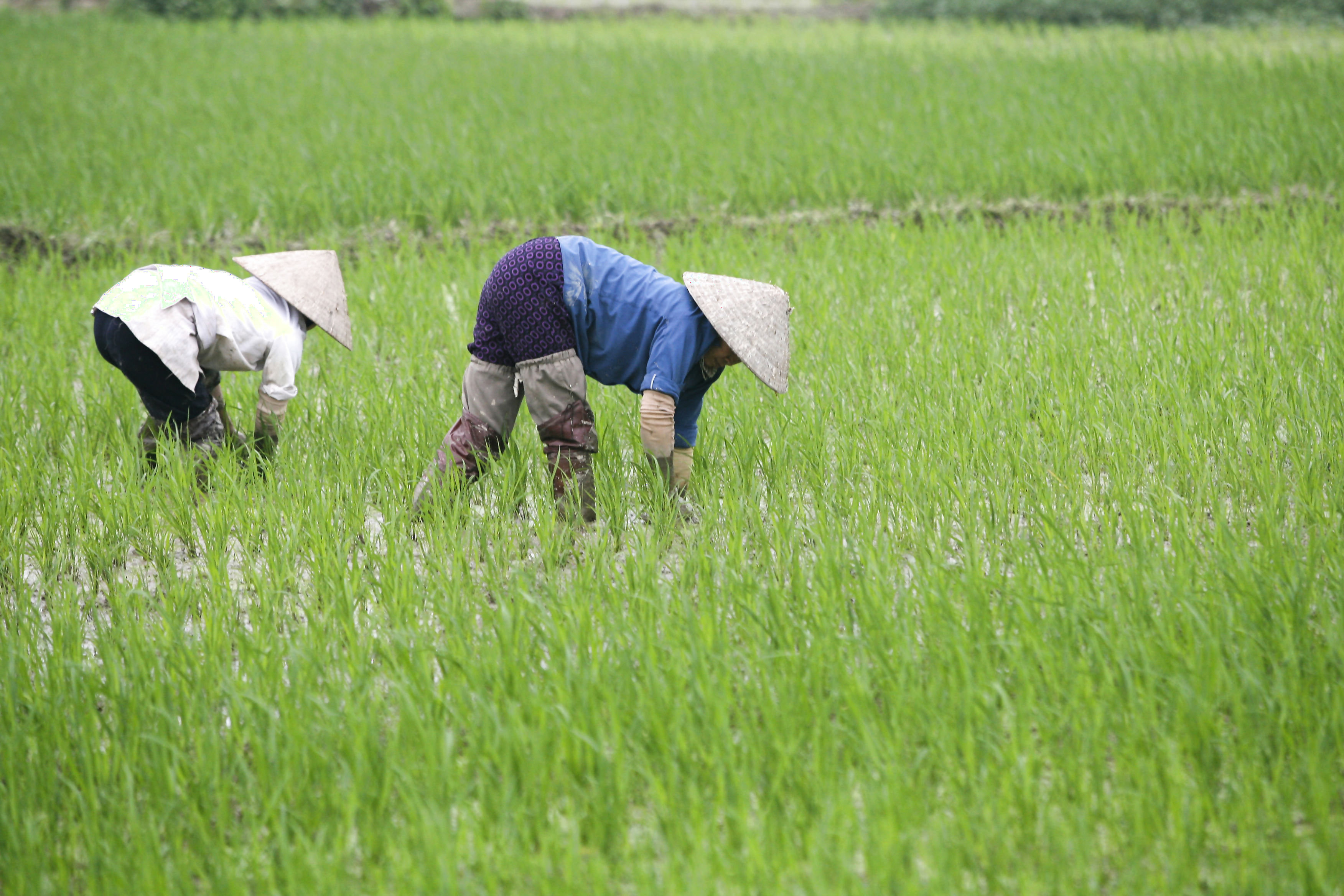
views
The Indian government recently announced a ban on the export of non-basmati white rice “with immediate effect” to stabilise the volatile retail prices in the country. The move has raised concerns across countries in Africa, Asia and even in the United States and is expected to surge food prices globally.
The Ministry of Consumer Affairs, Food and Public Distribution in a statement on July 20 said, “In order to ensure adequate availability of Non Basmati White Rice in the Indian market and to allay the rise in prices in the domestic market, Government of India has amended the Export Policy of above variety from ‘Free with export duty of 20%’ to ‘Prohibited’ with immediate effect.”
The ban is not only expected to inflate the food prices globally, but also put a pressure on the food supply in the US and burden rice exporting countries like Vietnam and Thailand.
Here’s Why the Government Banned Basmati Rice?
The export ban was put in place to check the rising domestic prices in the country.

“The domestic prices of Rice are on an increasing trend. The retail prices have increased by 11.5% over a year and 3% over the past month,” the government said.
The export ban was aimed “to ensure adequate availability of non-basmati white rice in the Indian market and to allay the rise in prices in the domestic market,” the government added.
The rice production in the country had taken a hit due to the unexpected weather changes such as heavy monsoon rains in rice-producing states in the north and deficit rainfall in other parts of the country.
Heavy rain in northern India in the past few weeks has damaged the newly planted crops in Punjab and Haryana and many farmers have had to replant. In other rice-growing states, farmers have prepared paddy nurseries but are unable to transplant the seedlings due to inadequate rainfall, according to Reuters.

Non-basmati white rice constitutes about 25 percent of the total rice exported from the country and the ban on non-basmati rice will lead to lowering of prices in the country.
Which Countries are Likely to be Affected?
India accounts for more than 40 percent of all global rice shipments, so the decision could “risk exacerbating food insecurity in countries highly dependent on rice imports”, data analytics firm Gro Intelligence said in a report.
Countries that are likely to be hit by the ban include African nations, Turkey, Syria, and Pakistan, which are already struggling with high food-price inflation. Some of the top buyers of the Indian rice include countries like Benin, Senegal, Ivory Coast, Togo, Guinea, Bangladesh and Nepal.
Global demand saw Indian exports of non-basmati white rice jump 35 percent year-on-year in the second quarter, the ministry said.
India exported 10.3 million tonnes of non-basmati white rice last year and the alternative suppliers did not have spare capacity to fill the gap. There are over three billion consumers of rice and nearly 90 per cent of the water-intensive crop is produced in Asia.

Countries like Thailand, Vietnam, Pakistan and the US does not have enough supply of rice to replace these. India had already curbed exports of wheat and sugar last year to rein in prices.
What Does It Mean for Americans?
As soon as the export ban was announced in India, rice bags of all varieties flew off the shelves in the US, as anxious Asian communities who consume rice as a staple food, thronged the stores.
⛔️ Panic within NRIs in US for rice #IndiaBansRiceExport https://t.co/QdEz8udocl pic.twitter.com/39rWXBnG3S— Kreately.in (@KreatelyMedia) July 21, 2023
According to a report in The Frontline, the owner of a store selling Indian products in Ohio enforced rationing by asking customers to restrict their purchase to a 20-pound bag (9.07 kg) of ordinary white rice per head, costing $24. All varieties of rice including basmati were sold out in a few hours the next day of the ban.
Meanwhile, in other states of US like Texas, prices have reportedly been hiked.
A buyer in Texas said that he bought a 20-pound bag of white rice at $34. However, the shipments waiting at ports and cleared for exports would not be stalled.




















Comments
0 comment